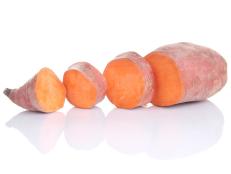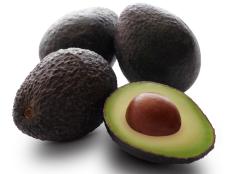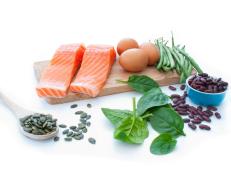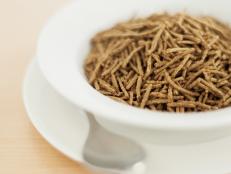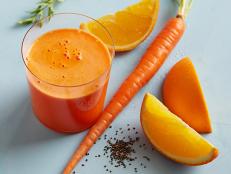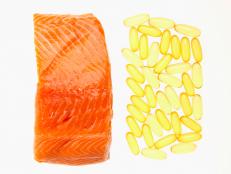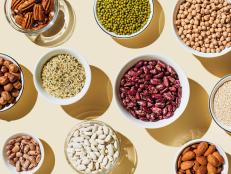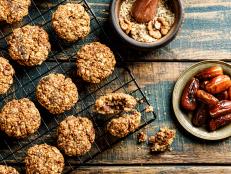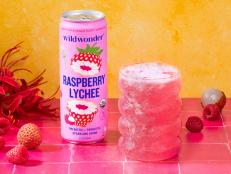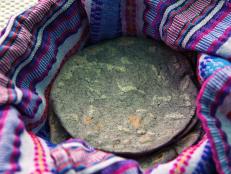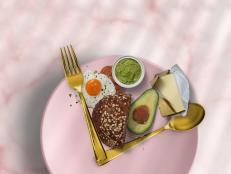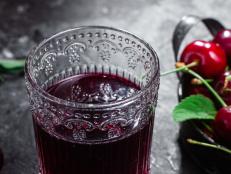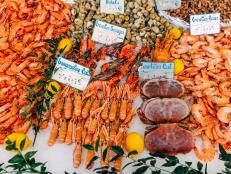Why You Need Healthy Carbs
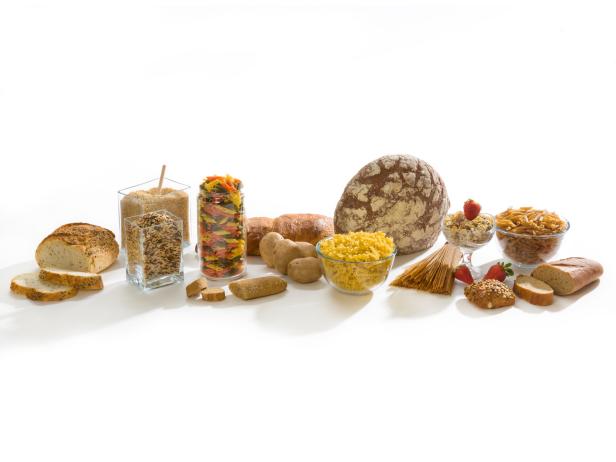
Miha Krivic
Carbs — a group that encompasses sugars, starches and fibers — may get a bad rap, but they’re an essential part of a healthy diet. Carbohydrates are a macronutrient, just like fat and protein, which means you need relatively large amounts of them. Their primary role is to supply your body with energy. They convert easily into glucose, the preferred fuel source for your brain.
Carbohydrates come in different kinds (simple and complex) and sources (both refined and natural). Simple carbohydrates are sugars. Some of these occur as part of whole foods, like fructose in fruit or lactose in milk. Others are straight-up sugar, which often gets added to foods — honey, white sugar, corn syrup, etc. Complex carbohydrates are several sugars linked together to form a starch. Again, these can come from more whole foods (potatoes, beans, whole grains) or refined ones (white flour, pasta) and take a little longer to be digested. Fiber is like starch, except it can’t be broken down — instead it remains intact as it passes through your digestive tract and is important for healthy digestion. Find out more of the health benefits of fiber.
Related: 11 Ways to Get More Fiber in Your Diet
How Much You Need
The Institute of Medicine recommends that you get between 45 and 65 percent of your calories from carbohydrates (that’s the equivalent of 225–325 grams a day on a 2,000-calorie diet). Ideally, those carbohydrates should come from more natural, whole-food sources — fruits and vegetables, whole grains, dairy products and legumes. These foods are packed with other healthy nutrients, like vitamins, minerals and (in the case of unprocessed plant foods) fiber, which you might miss out on if you eliminate carbs from your diet.
Kerri-Ann is a registered dietitian who writes on food and health trends. Find more of her work at kerriannjennings.com or follow her on Twitter @kerriannrd or Facebook.
























